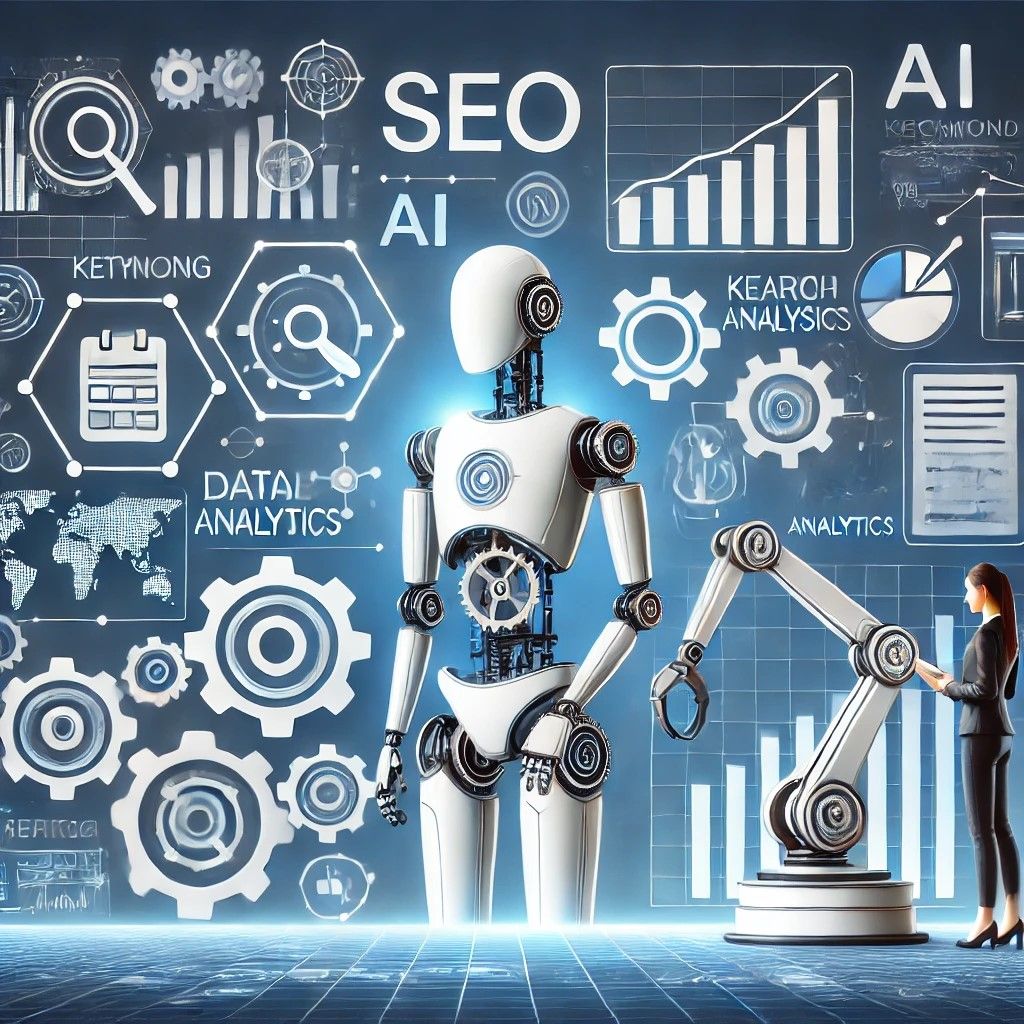AI, Machine Learning, and Automation in SEO marketing

Natural language processing (NLP) is changing the way search engines interpret user queries, and as such it is no wonder SEO is changing as well. With Google’s BERT language model, search engines better understand the context of words, focusing on semantic keywords instead of exact matches. When we add the fact that most of the information on internet can be generated on a click, it is no wonder SEO marketing needs to react, so as the desired product does not fall into the abyss of generated data.
Best defense being attack, modern SEO tools cope with the situation by automating the process of identifying relevant search terms. Tools like Ahrefs, SEMrush, and Moz analyze vast datasets to suggest high-traffic and long-tail keywords, as well as related phrases. These insights help SEO professionals uncover keyword opportunities that may have been overlooked. Additionally, these tools highlight missed opportunities, showing where competitors rank for keywords you don’t.
Another set of tools, which draws from the knowledge of competitors, such as Surfer SEO, Frase, and Clearscope also enhance content optimization by analyzing top-ranking content and automatically suggesting related terms, questions, and subtopics. For WordPress users, plugins like RankMath simplify on-page SEO, with which it is possible to craft a perfect article without leaving wordpress.
Search engines prioritize mobile-first indexing, and as such, real-time rank tracking has become essential. SEO tools now track rankings across devices and regions automatically, allowing professionals to monitor performance without manual checks. This is particularly helpful for local businesses and mobile-driven search traffic.
Monitoring keyword trends in real-time has become a vital part of staying competitive. SEO tools now integrate with Google Trends to automate the tracking of keyword popularity over time, identifying seasonal shifts and emerging search interests. This helps marketers capitalize on trending topics before competitors and optimize the content at the right moment.
The integration of AI, machine learning, and automation has transformed SEO, making it more efficient and data-driven. By leveraging these new technologies for keyword suggestions, content optimization, keyword gap analysis, and rank tracking, SEO professionals can stay competitive.
Author: Oldřich Příklenk

Prague office3rd floor, Drtinova 467/2a,
Prague 5, 150 00,
Czech Republic
